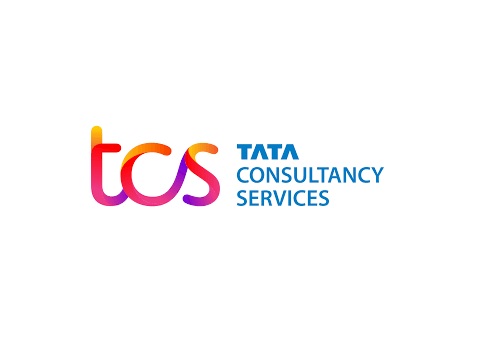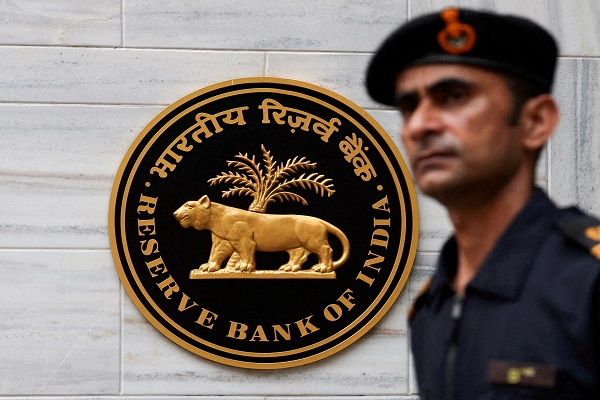Common Money Mistakes That Stop You from Getting Rich

Building wealth isn’t just about earning more money — it’s about managing what you already have wisely. Many people work hard their entire lives but struggle to grow their savings or investments. The reason often lies not in income, but in the habits that drain it. Here are some of the most common money mistakes that quietly stand between you and long-term wealth.
1. Living Beyond Your Means
Spending more than you earn is the quickest way to fall into debt. Credit cards, easy EMIs, and lifestyle upgrades may offer instant satisfaction, but they also prevent you from saving and investing. Financial freedom starts when you live below your means and let your money grow instead of vanish.
2. Not Having a Budget
A simple monthly budget can completely change your financial outlook. Without one, it’s easy to lose track of where your money goes. Budgeting doesn’t mean restriction — it means control. It helps you identify unnecessary expenses and prioritize saving and investing.
3. Ignoring Emergency Savings
Life is unpredictable. Medical bills, job loss, or family emergencies can strike anytime. Without an emergency fund (ideally 3–6 months of expenses), people often turn to loans or credit cards, which lead to more financial stress.
4. Delaying Investments
Many people wait for the “right time” to start investing — but time is the most valuable factor in building wealth. The earlier you start, the more your money compounds. Even small, consistent investments can grow into significant wealth over time.
5. Not Diversifying Investments
Putting all your money in one place — like only in real estate or only in stocks — can be risky. Diversifying across different assets (equity, debt, gold, real estate, etc.) helps balance risk and return, protecting your wealth in the long run.
6. Taking on Bad Debt
Not all debt is bad, but high-interest loans, credit card bills, or borrowing for luxury items can trap you in a financial cycle that’s hard to escape. Before taking a loan, ask yourself if it helps you earn more or just spend more.
7. Ignoring Financial Education
Money management isn’t taught in most schools, but it’s one of the most essential life skills. Understanding how savings, investments, taxes, and inflation work can help you make smarter financial decisions and avoid common traps.
8. Lifestyle Inflation
As income grows, expenses often rise too — bigger houses, better cars, more vacations. This is called lifestyle inflation, and it silently eats into your savings. If your lifestyle grows slower than your income, your wealth grows faster.
9. Not Setting Financial Goals
Without clear goals, saving and investing can feel aimless. Setting short-term and long-term financial goals — like buying a home, building retirement savings, or funding education — keeps you motivated and disciplined.
10. Neglecting Health and Insurance
Unexpected medical costs can wipe out years of savings. Health and life insurance aren’t expenses — they’re protection for your financial foundation. Being prepared ensures that one setback doesn’t derail your entire wealth journey.
Final Thought
Getting rich isn’t about luck or timing. It’s about awareness, consistency, and smart decision-making. Avoiding these common mistakes can put you miles ahead on your path to financial independence.
























